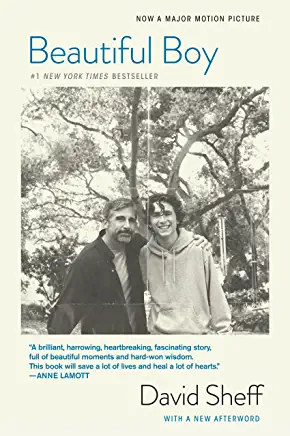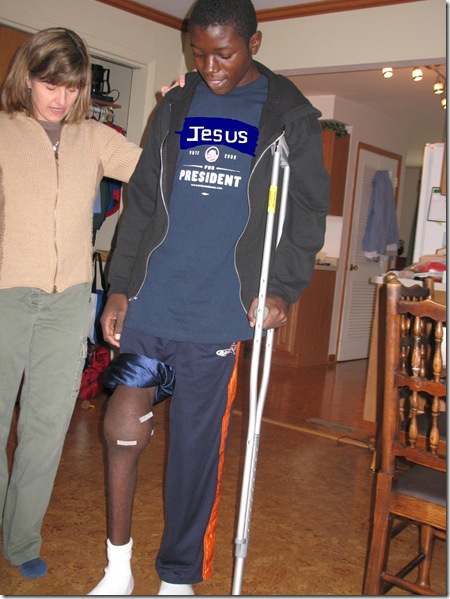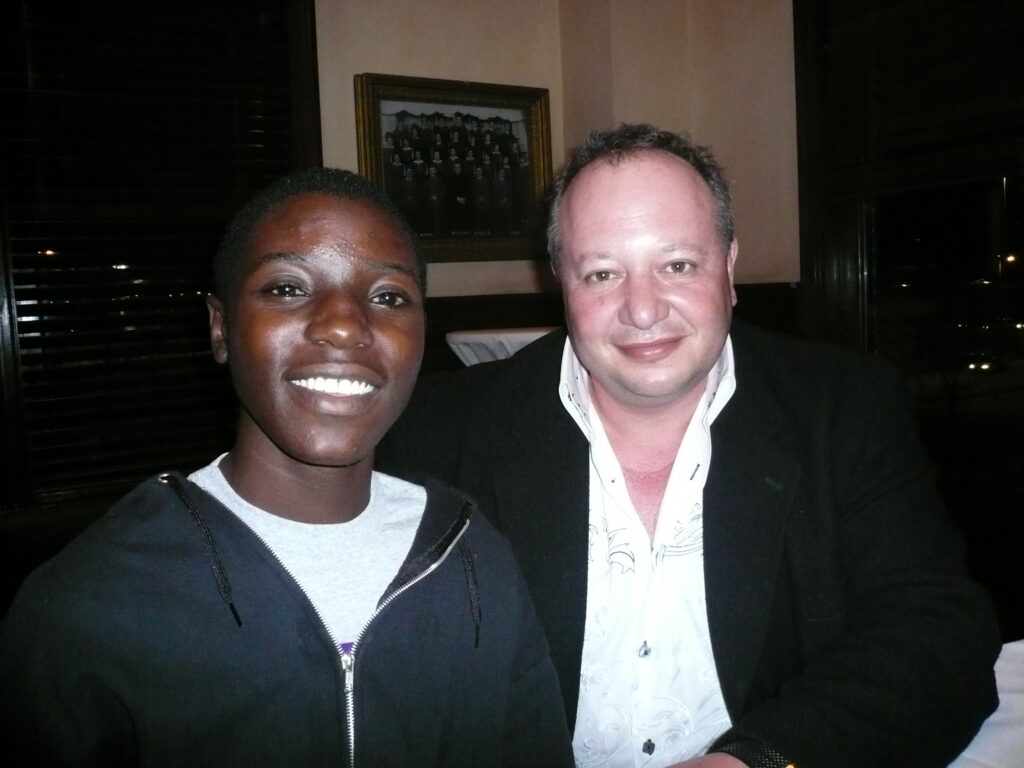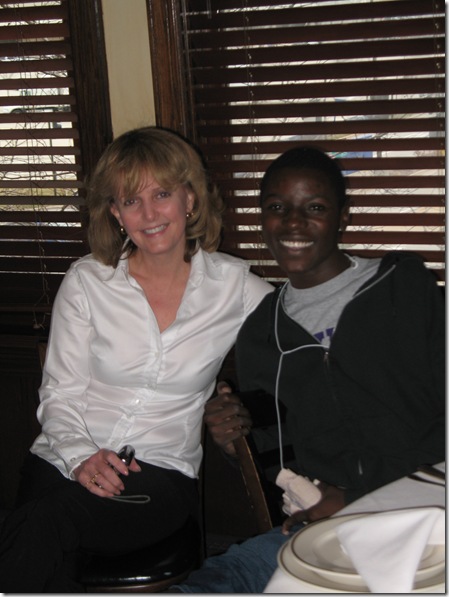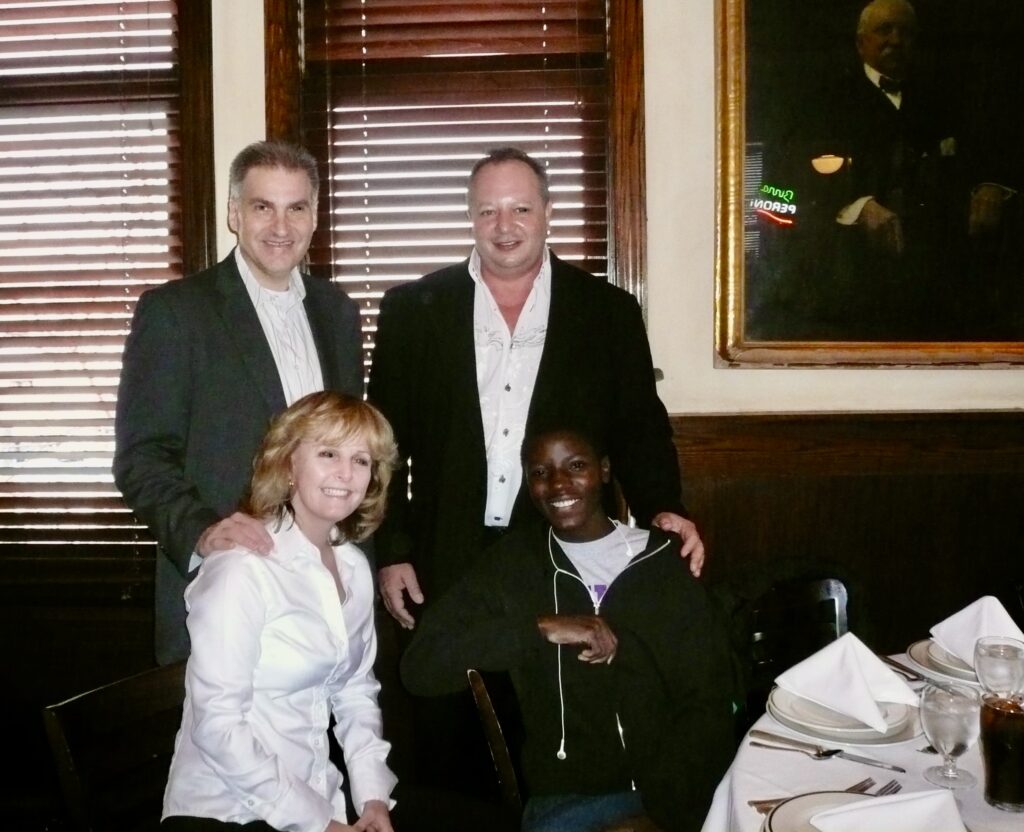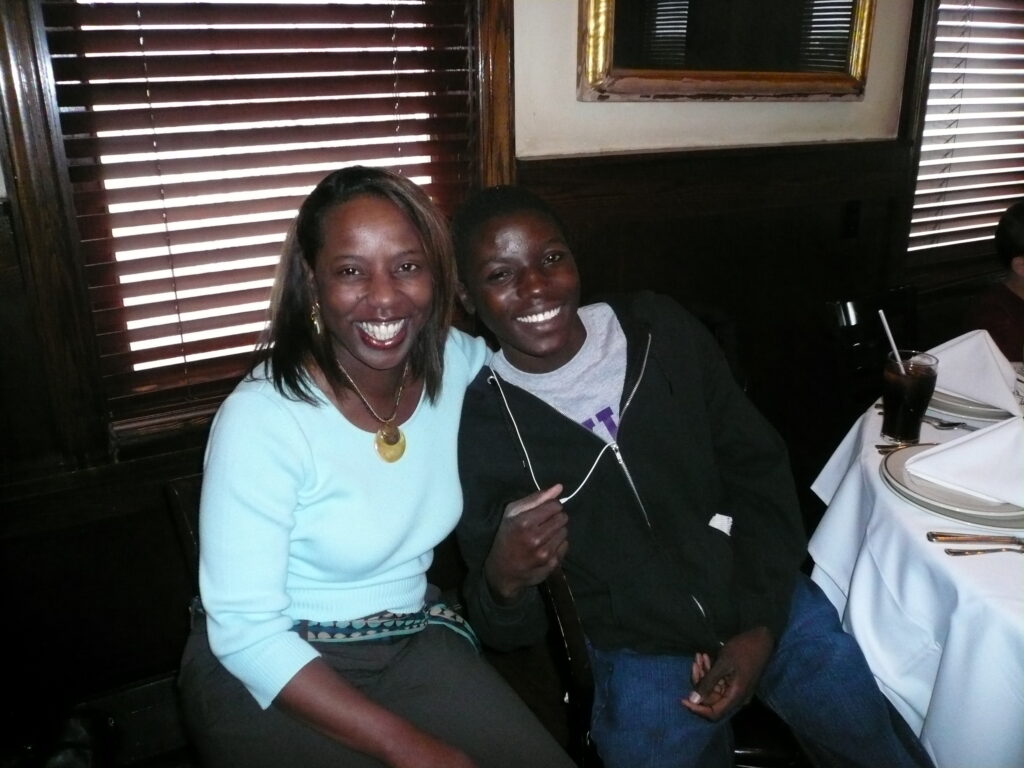Laurie Kelley
February 21, 2009
I am writing from Europe, which is an interesting place to be right now as a member of the hemophilia community. Just this past week the first evidence of variant Creutzfeldt-Jakob disease (vCJD) transmission in an 70+ year old British person with hemophilia was confirmed, according to leaked information. The United Kingdom Health Protection Agency (HPA) has since confirmed this. There are a lot of emails and news wires being fired off. It’s important to note the facts:
1. The patient died of other causes, not vCJD.
2. The patient had not shown any symptoms of vCJD.
3. The HPA says it is still unclear how the man became infected with the prion protein that causes vCJD.
3. The patient had received British plasma-derived clotting factor concentrates before 1999, before rules were introduced to limit contagion, when the risk of transmission was not known.
4. The patient was treated with a British made product that was manufactured from the plasma of a British donor who went on to develop symptoms of vCJD.
5. It is the first time that vCJD has been found in the approximately 4,000 British hemophilic patients who received plasma-derived clotting factor concentrates between 1980 and 2001.
Up to 4,000 British hemophilia patients have been warned by authorities they could be at risk of vCJD. Authorities also state they run a low risk of developing the disease.
What we know about vCJD:
1. CJD is a fatal brain disease first classified in the 1920s.
2. In 1996, doctors reported a variant of the disease, vCJD, the result of exposure to the agent that causes Bovine Spongiform Encephalopathy (BSE, or mad cow disease) in cattle.
3. There is no test that can screen for vCJD.
4. There is no treatment for vCJD.
5. vCJD is rare.
6. Since 1995, 164 people in Britain have died from vCJD, with just one death last year.
UK plasma has not been used in the UK or elsewhere since 1996 for the production of the clotting treatment.
A statement excerpt from David Allsop, professor of neuroscience at Lancaster University, UK: “The only real cause for concern is for other hemophilia patients who received clotting factors from the same infected human donor, at around the same period of time; and they can presumably be traced and given specialist advice.”
A statement excerpt from Chris James, Chief Executive of the Haemophilia Society (of the UK): “Unfortunately, the risks are higher than they might have been because Health Authorities in England and Wales continued to use products derived from human blood to treat haemophilia long after most other developed countries had switched to safer, synthetic recombinant treatments.” (Note that all clotting products, both plasma-derived and recombinant, that are licensed for sale and distribution in the US are currently considered safe)
A statement excerpt from NHF’s MASAC, in its Medical Advisory #409 on February 18: “No Added Risk Seen for U.S. Patients. It is important to note that only individuals exposed to UK-sourced plasma infused between 1980 and 2001 are considered to be at elevated risk for vCJD compared to the general population… there should be no change in the safety profile of US-licensed products or in any treatment recommendations.”
A statement excerpt from the Committee of Ten Thousand (COTT): “This means that all 4,000 persons with hemophilia in the UK are at risk of contracting vCJD from the plasma-derived clotting factor they used during the 1990s. It also raises serious questions about the risk of CJD and variant CJD transmission in the American hemophilia/bleeding disorders community… COTT is angered that the US Department of Agriculture has failed to conduct a substantive and wide reaching surveillance program for cows in the US.” (Note: the COTT statement implies but does not specficially state that the product used by the patient was a brand of British plasma-derived clotting factor, created from pooled British plasma, which included the blood donation from a British donor infected with vCJD. These products have never been used in the US)
A statement excerpt from the Plasma Protein Therapeutics Association (PPTA): “… the industry has implemented the deferral of donors from areas of high risk of bovine spongiform encephalopathy (BSE) and its human equivalent, vCJD, for the past ten years… Therefore, this incident involved products that do not reflect the safety profile that has underpinned PPTA plasma protein therapies for the past ten years. Patients receiving these products can rest assured of their enhanced safety. The PPTA supports the conclusions of patient groups and government authorities that the use of current products to preserve the health of plasma protein recipients should be maintained.”
There you have it: an event that shook the hemophilia world this week. Facts should be read completely. Various statements by leading patient organizations, reflecting nuances in opinion, which our readers should analyze carefully for content, history, perspective, source and purpose. Read more by going to: www.hemophilia.org, www.ppta.com, www.cott1.org, www.haemophilia.org, and above all, speak with your hematologist and HTC staff if you have questions about the news reports.
Also see: http://www.hpa.org.uk/webw/HPAweb&HPAwebStandard/HPAweb_C/1234859690542?p=1231252394302
